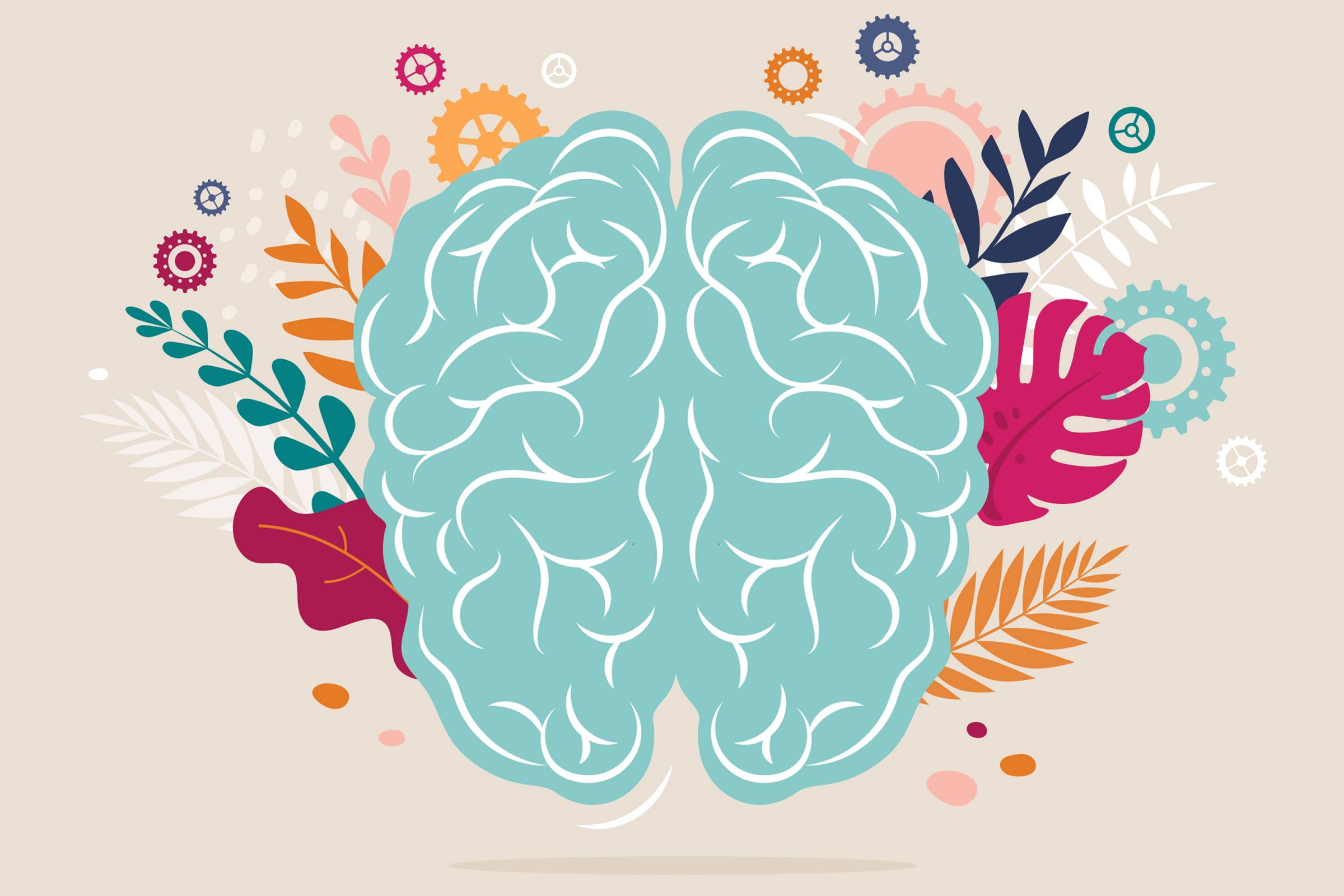<span class=„embedExternal embedImage display-large float-none“ data-embedjson=„{„url“:„https://us.v-cdn.net/6032412/uploads/61KFRRFQ99NH/mental-health-040620.jpg“,„name“:„mental_health_040620.jpg“,„type“:„image/jpeg“,„size“:190481,„width“:2400,„height“:1600,„displaySize“:„large“,„float“:„none“,„embedType“:„image“}“>

Welcome to our conversation about the critical importance of inclusive therapies for people with disabilities. Inclusive therapeutic practices go beyond traditional approaches to ensure that individuals with disabilities receive personalized care that considers their unique needs and experiences. Let's explore why inclusive therapies are essential and how they foster a more compassionate and supportive mental health landscape.
Understanding the Need for Inclusivity:
Therapeutic practices must recognize and celebrate the diversity within the disability community. Each individual's disability experience is unique, influenced by factors such as the type of disability, cultural background, gender identity, and socioeconomic status. By embracing inclusivity, we ensure that no one is left behind, and everyone's voice is heard.
The Rationale Behind Inclusive Therapies:
1. Empowerment through Personalization:
Inclusive therapies emphasize personalized treatment plans, acknowledging that no two disabilities are the same. By tailoring interventions to individual needs, therapists empower their clients, boosting self-confidence and autonomy.
2. Breaking Down Barriers:
Inclusivity helps break down barriers to mental health services faced by people with disabilities. This includes physical accessibility of therapeutic facilities, communication aids, and accommodations for various disabilities.
3. Reducing Stigma:
By adopting an inclusive approach, we challenge stigmatizing beliefs and attitudes towards disabilities and mental health. This fosters a more accepting and understanding society.
Interactive Scenario: Putting Inclusivity into Practice
Imagine visiting a mental health clinic that fully embraces inclusive therapies. As you enter the clinic, you notice:
1. Physical Accessibility: The building has ramps, elevators, and wide doorways to accommodate individuals using mobility aids like wheelchairs.
2. Sensory-Friendly Environment: The waiting area is designed with soothing colors and minimal noise to cater to individuals with sensory sensitivities.
3. Language Accessibility: The clinic provides interpreters, sign language services, and communication boards for clients with speech and hearing impairments.
4. Culturally Competent Therapists: Therapists receive training in cultural competence to understand and respect the diverse backgrounds of their clients.
5. Assistive Technologies: The clinic offers various assistive technologies, such as speech-to-text software and adaptive devices, to support clients with different abilities.
6. Peer Support: Support groups composed of individuals with similar disabilities provide a safe space for sharing experiences and finding camaraderie.
Why Inclusive Therapies Matter:
1. Improved Therapeutic Alliance:
When therapists embrace inclusivity, clients feel seen, heard, and validated. This establishes trust and strengthens the therapeutic alliance, leading to more effective outcomes.
2. Addressing Trauma-Informed Care:
Inclusive therapists acknowledge the potential for trauma among individuals with disabilities, particularly those who acquired their disability later in life. Trauma-informed care ensures sensitivity and understanding during the therapeutic process.
3. Cultivating Empathy and Understanding:
Inclusivity fosters empathy and understanding among therapists, encouraging them to actively listen and learn from their clients' experiences.

Inclusive therapies are essential for promoting mental well-being and empowerment among people with disabilities. By embracing diversity and creating disability-aware therapeutic practices, we can build a more compassionate and inclusive society. Let's continue to advocate for inclusive mental health services and work towards a future where everyone feels valued, heard, and supported.